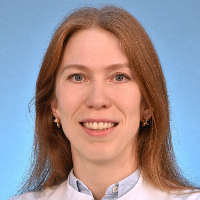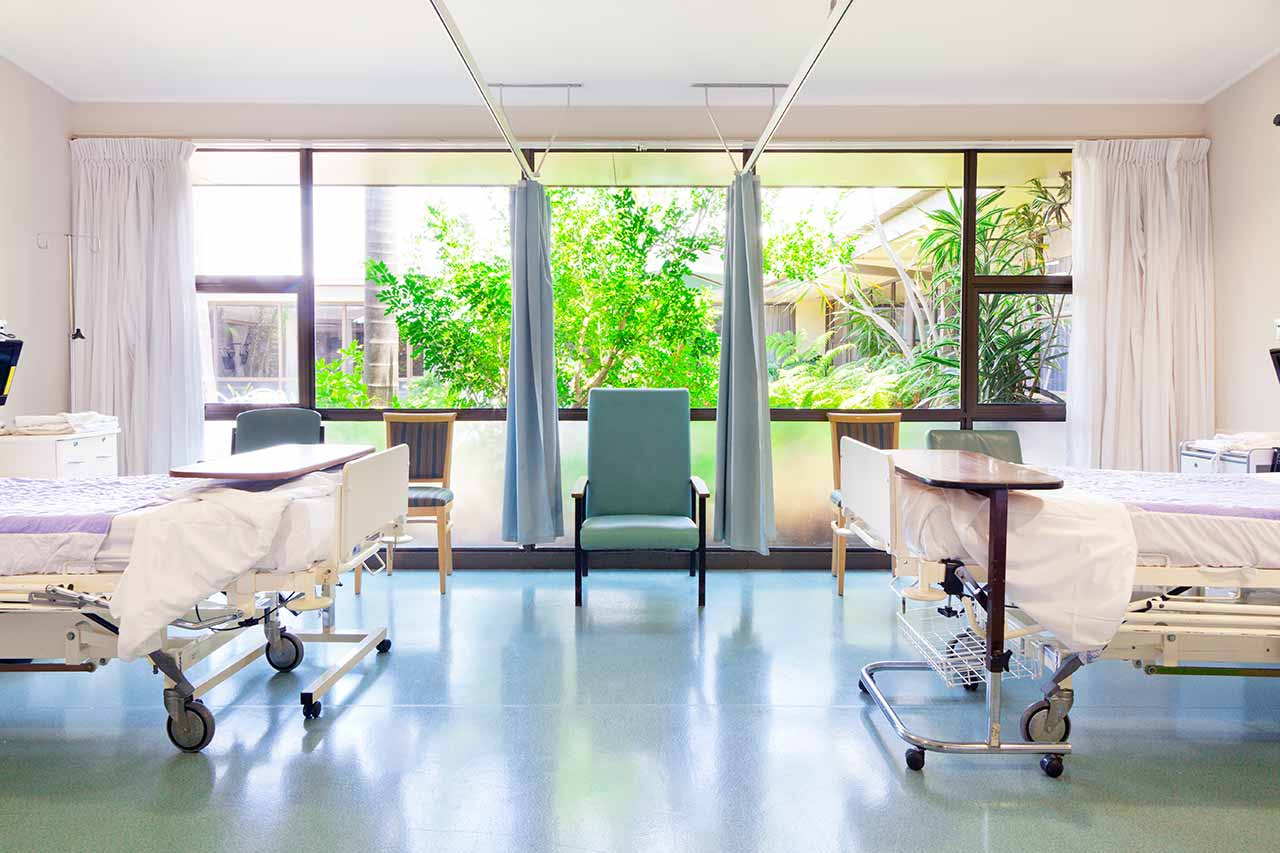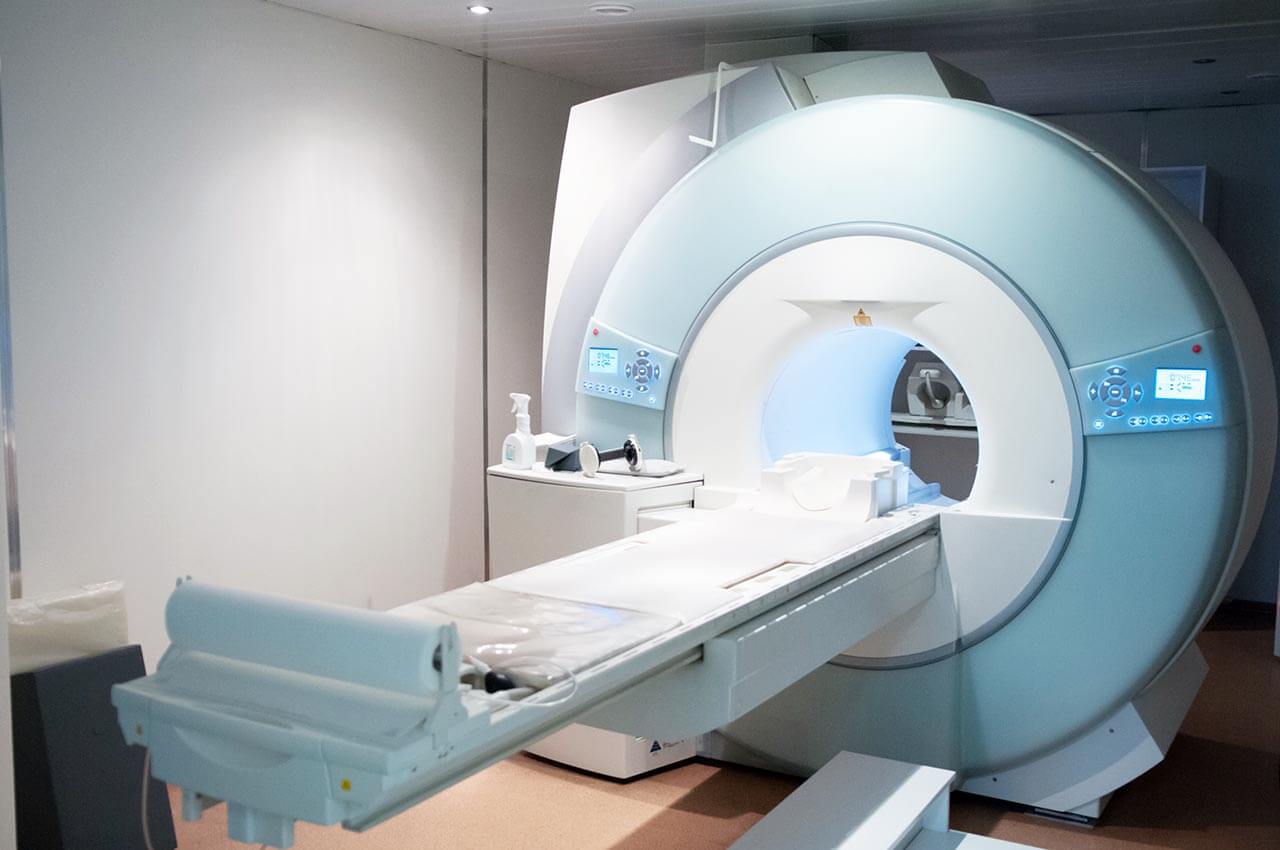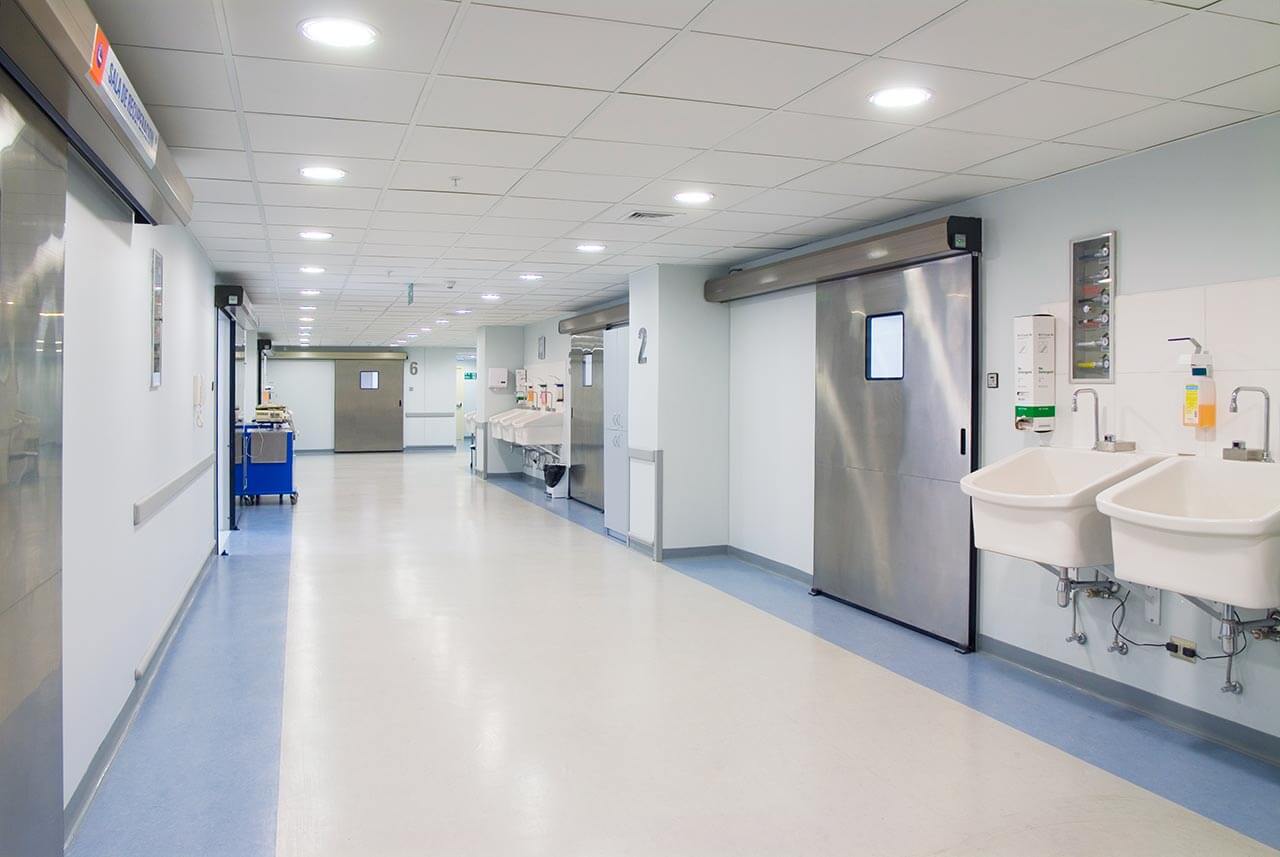
The program includes:
- Initial presentation in the clinic
- clinical history taking
- review of medical records
- physical examination
- laboratory tests:
- complete blood count
- biochemical analysis of blood
- inflammation indicators (CRP, ESR)
- indicators blood coagulation
- TSH-basal
- x-ray and bronchography
- electrocardiogram (ECG)
- high-resolution computed tomography (HR-CT)
- bronchoscopy
- preoperative care
- partial resection of bronchial ulceration
- histologically and immunohistochemically
- examination of the remote tissues
- symptomatic treatment
- control examinations
- the cost of essential medicines and materials
- nursing services
- full hospital accommodation
- explanation of future recommendations
Required documents
- Medical records
- Bronchoscopy (if available)
Service
You may also book:
 BookingHealth Price from:
BookingHealth Price from:
About the department
The Department of Adult and Pediatric Cardiothoracic Surgery at the University Hospital Saarland Homburg offers the full range of services in this medical field and specializes in providing top-class medical care to patients with diseases of the heart, lungs, and aorta. Cardiothoracic surgeons treat patients of all age groups, ranging from young children to the elderly. The primary focus of the doctors' work at the medical facility is the treatment of aortic and mitral valve regurgitation, with the specialists aiming to perform a reconstructive intervention rather than heart valve replacement surgery. Doctors have vast experience in coronary artery bypass grafting. The department is one of the few medical facilities of this kind in Germany, where doctors offer endarterectomy for chronic pulmonary embolism. The department has modern medical equipment and competent staff, which guarantees excellent medical care as well as a friendly and responsive attitude towards patients. The department performs more than 1,600 surgical interventions of varying complexity, and more than 2,200 patients receive medical care on an outpatient basis. The Head Physician of the department is PD Dr. med. Gloria Färber.
Many patients seek medical attention from the department with complex cases of coronary heart disease, the main surgical treatment for which is coronary artery bypass surgery. The essence of the operation is to form a blood flow bypassing the narrowed coronary blood vessel, as a result of which the normal blood supply to the heart will be restored. The veins of the lower limbs are usually used as bypass material. In patients over the age of 70, the department's cardiac surgeons most often use arteries for coronary artery bypass surgery since this group of patients often suffer from varicose veins, and bypass surgery using the veins of the lower limbs cannot provide a long-term result. The department's specialists offer their patients both minimally invasive and open surgical techniques for coronary artery bypass grafting. Open surgery requires a traumatic thoracotomy but, in many cases, this intervention provides the best results. The department mainly performs CABG operations with the use of a heart-lung machine. If a patient has contraindications to its use, surgery will be performed on a beating heart.
An integral part of the department's clinical activity is the surgical treatment of pathologies of the aortic and mitral valves such as stenosis and regurgitation. Whenever possible, the team of cardiac surgeons strives to repair the affected heart valve, thus preserving the patient's own heart valve. However, in many clinical cases, patients still require surgery to replace the aortic or mitral valve. The optimal treatment method is determined for each patient individually. Patients with severe aortic valve stenosis are advised to have surgery to replace it with a biological or mechanical prosthesis. Each of the artificial heart valves has its own advantages and disadvantages. Biological prostheses are made from specially processed animal tissue (porcine heart valve tissue or bovine pericardial tissue). The main advantage of using such a heart valve is the absence of the need for the long-term use of anticoagulants, but there are also disadvantages, namely a relatively short service life and the need for revision replacement surgery in the future. The department's cardiac surgeons most often implant biological prostheses in patients older than 50 years. In this case, their service life is 10-20 years, and it does not exceed 10 years for young people. The service life of a mechanical prosthesis can reach 40 years, which is the main advantage of choosing this type of artificial prosthesis. There are also disadvantages, however, including lifelong use of anticoagulants, which, in turn, may provoke bleeding. In addition, patients who have had mechanical prosthesis implantation surgery are at an increased risk of developing endocarditis (a bacterial inflammatory process), which often requires revision surgery and antibiotic therapy.
Cardiac surgeons admit young patients with congenital heart disease. The competence of doctors includes the surgical repair of common and especially complex defects. Young patients are monitored in cooperation with pediatric cardiologists. The specialists make every effort to detect a heart disease in a child as soon as possible and to provide the necessary treatment to avoid future health issues.
The department's specialists have successful experience in performing pulmonary thromboendarterectomy for chronic thromboembolic pulmonary hypertension. The pathology is a severe and rare form of pulmonary hypertension that occurs due to chronic obstructive pulmonary disease and secondary changes in the lung microvasculature. Pulmonary thromboendarterectomy is considered a complicated surgical procedure, and it is not available in all medical facilities in Europe. The aim of the surgery is to remove blood clots from the pulmonary arteries. The operation is performed under general anesthesia with the use of a heart-lung machine, and a thoracotomy is also required.
In the field of thoracic surgery, the department regularly performs all types of surgical interventions on the lungs and mediastinal organs. Of particular interest is lung cancer surgery. In the early stages of the oncological process, the department's thoracic surgeons mostly manage to perform sparing treatment with video-assisted thoracoscopic surgery. Lung cancer surgery is usually complemented by conservative treatments, including chemotherapy, radiation therapy, and/or chemoradiotherapy. Pulmonologists, oncologists, radiation therapists, radiologists, and doctors from other related medical disciplines are actively engaged in the therapeutic process.
The department's main clinical activities are as follows:
- Heart surgery
- Coronary artery bypass grafting: classic open and minimally invasive techniques
- Aortic and mitral valve repair in the case of their stenosis or regurgitation
- Aortic and mitral valve replacement surgery in the case of their stenosis or regurgitation
- Surgical treatment of congenital heart disease in children
- Heart tumor surgery
- Heart transplant and heart-lung transplant
- Thoracic surgery
- Prosthetic repair of the thoracic and thoracoabdominal aortic portions
- Pulmonary thromboendarterectomy for chronic thromboembolic pulmonary hypertension
- Surgical interventions on the lungs and mediastinal organs with a special focus on lung cancer surgery
- Atypical lung resection
- Segmental lung resection
- Lobectomy
- Pneumonectomy
- Pleurolysis
- Mediastinoscopy
- Pleurectomy
- Pleural drainage
- Lung transplant and heart-lung transplant
- Other medical services
Curriculum vitae
PD Dr. med. Gloria Färber took up the position of Head Physician of the Department of Adult and Pediatric Cardiothoracic Surgery at the University Hospital Saarland Homburg in January 2024. Previously, she served as Deputy Head Physician of the Department of Cardiothoracic Surgery at the University Hospital Jena.
Dr. Färber studied medicine at Johannes Gutenberg University Mainz from 1996 to 2003. The specialist began her clinical training in surgery at a hospital in Freiburg, after which she worked in hospitals in Leipzig and Jena. Dr. Gloria Färber became board certified in Cardiac Surgery in 2010 and board certified in Thoracic Surgery in 2021.
Throughout her career, Dr. Gloria Färber has been involved in numerous basic and clinical studies, with a special focus on minimally invasive cardiac interventions and heart failure treatment.
Photo of the doctor: (c) ResearchGate
About hospital
The University Hospital Saarland Homburg is the largest hospital in the city of Homburg and the most important medical facility in the region. The hospital, which currently has 30 specialized departments and 20 institutes, was founded in 1947 and operates on the basis of Saarland University. The hospital plays a leading role in medical education, research, and medical care both in the state of Saarland and throughout Germany. With vast experience in serving foreign patients, the medical facility is also widely known in the international medical arena.
The pride of the hospital is state-of-the-art equipment that allows the doctors to perform high-precision comprehensive diagnostics and the most sparing treatment even if a patient has a severe pathology. Patients are offered innovative medicine based on the very latest scientific achievements. At the same time, the hospital offers many therapeutic methods that are used only in leading medical centers in Europe, including da Vinci robot-assisted surgery, CAR T-cell therapy, TAVI and MitraClip catheter-based procedures, innovative laser procedures, etc. Great importance is paid to ethical and social competence. The hospital is constantly improving the work of its medical personnel and infrastructure to provide medical services that meet the highest standards.
As a multidisciplinary medical complex, the hospital offers highly effective treatment of the full range of common diseases as well as rare and severe pathologies. The efforts of the medical staff, which includes over 600 doctors and 2,000 nurses, are focused on the patient and their unique needs and desires. The doctors always devote enough time to personal communication with their patients, provide them with moral support, and are sympathetic to every life situation.
Photo: (с) depositphotos
Accommodation in hospital
Patients rooms
The patients of the University Hospital Saarland Homburg live in comfortable single, double, and triple patient rooms with a modern design. Each room is equipped with an ensuite bathroom with a shower and a toilet, as well as everything else necessary: a comfortable bed, a bedside table, a TV, and a telephone. In addition, enhanced-comfort rooms and specially equipped rooms for people with disabilities are available for the patients.
Meals and Menus
The hospital offers healthy and delicious meals three times a day: buffet breakfast, dinner with a wide choice of dishes for every taste, and a light supper. The menu features dietary and vegetarian dishes. There is also a cafeteria on the territory where one can taste delicious dishes and have a cup of coffee, tea, or some refreshing drinks
Further details
The standard patient rooms include:
Religion
The hospital regularly hosts catholic and evangelical devine services. The services of representatives of other religions are available upon request.
Accompanying person
During an inpatient program, an accompanying person can stay with you in the patient room or in a hotel of your choice.
Hotel
During an outpatient program, you can stay in a hotel of your choice. The managers will help you choose the most suitable options.





